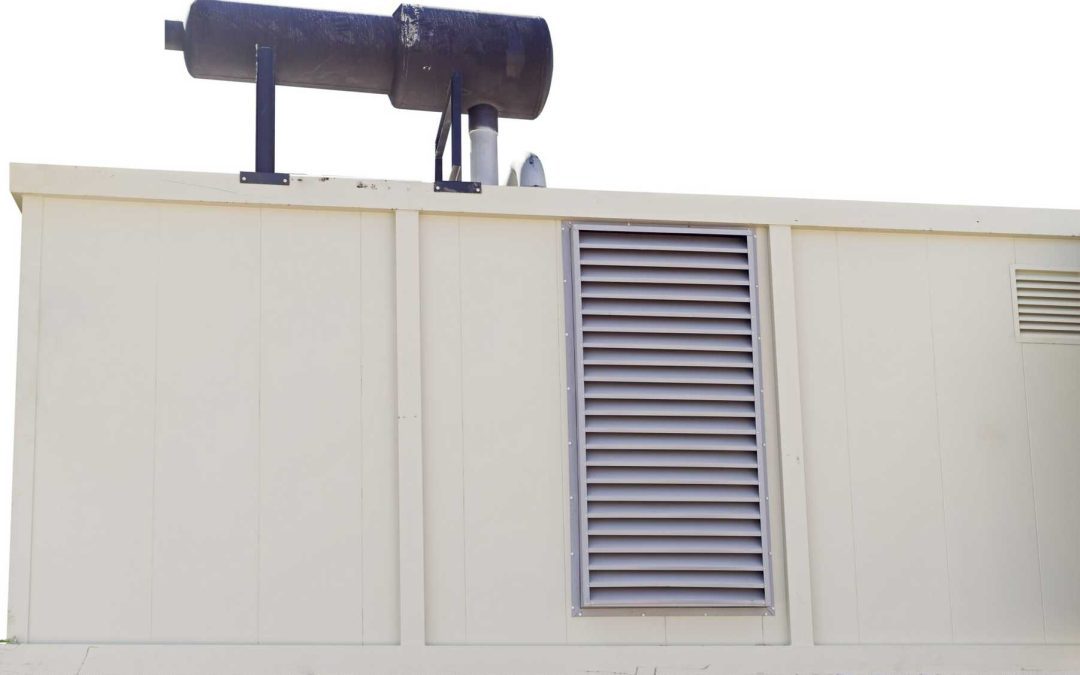Throughout 2021, the average American experienced seven full hours of power outages in their homes. Do you remember the last time you went without electricity? These situations can range from annoying to downright life-halting.
The next time your home loses power, don’t wait for the electric company to resolve the issue. Be prepared in advance with your own home standby generator.
Take your home power needs into your own hands with this essential device. Keep reading to see how you can find and select the ideal home generator for you and your family.
Considering Sizing
With a growing industry valued at $9.5 million in 2020 alone, there are a lot of residential generators to sort through. The first thing to explore is this generator sizing guide for your home.
Start by making a list of everything you want to power during an outage. Consider not only essential items like refrigerators, heaters, and sump pumps but also think about items like televisions, computers, and other electronics.
The larger the generator, the more appliances it can power. However, a larger generator also means a higher cost.
Generators are rated by their power output, which is measured in watts. You can find the power output rating on the generator’s specification sheet or label.
As a general rule, aim for a minimum output of 5,000 watts to power essential items. For the rest of your electronics, you may need a larger generator with an output of 10,000 watts or more. This level of power is on par with a commercial standby generator.
Fuel Type and Availability
The second factor to consider is fuel type. Home standby generators can run on natural gas, propane, or diesel fuel.
Natural gas and propane are the most common choices because they’re readily available in most areas. Diesel generators tend to be more expensive and require more maintenance.
Diesel and gasoline may also be more difficult to obtain during a blackout. This can be a problem if your portable generator relies on these fuels.
Note:Gasoline goes bad quickly because has a relatively short shelf life, typically lasting only a few months. On the other hand, propane can be stored for extended periods without degrading in quality.
Transfer Switch
The next thing to think about is the generator’s transfer switch. This connects the generator to your home’s electrical system via the circuit-breaker panel. It’s essential to note that this should only be done by a professional.
Automatic transfer switches are the most common choice for home standby generators. They’ll instantly detect a power outage and switch the power source to the generator. Manual transfer switches require you to manually switch from utility power to portable generator power at the main electrical panel.
Noise Level and Location
Generators can be noisy, and their noise levels can vary depending on the model and the power produced. If you live close to your neighbors, excessive noise can be a problem.
Ideally, your generator should be placed as far away from your home and your neighbors’ homes as possible. Your generator installer can help you determine the best spot for it. Generators are typically required to have 10′ of clearance from operable windows and the exhaust. Also there are many different rules and regulations that vary from county or municipality and HOA.
(Bonus) Additional Considerations for Generator Selection
Battery Backup and Runtime
Another crucial factor to consider when choosing a home standby generator is its battery backup and runtime. In the event of a prolonged power outage, you’ll want a generator that can keep running for an extended period. Check the manufacturer’s specifications for the runtime and ensure it meets your requirements.
Safety Features
Look for generators with built-in safety features like low-oil shutdown, overload protection, and surge protection. These features help prevent damage to the generator, your appliances, and your home’s electrical system.
Warranty and Support
A good warranty is essential when purchasing a home standby generator. Look for manufacturers that offer a robust warranty on their products, covering parts and labor for a reasonable period.
Energy Efficiency
Energy-efficient generators consume less fuel and produce fewer emissions, reducing your environmental impact and saving you money on fuel costs. Choose the models with higher energy-saving features, such as variable engine speed or Eco mode.
Installation and Maintenance
You’ll always have to consider all the costs; including professional installation and ongoing maintenance. Talk to us about your budget to ensure you have a clear understanding of the total investment that is required.
Buying a Home Standby Generator
Final Thoughts Selecting the right home standby generator requires careful consideration of various factors, including sizing, fuel type, transfer switch, noise level, and additional features. By thoroughly evaluating your options and consulting with professional electricians, you can make an informed decision and be well prepared for power outages.

